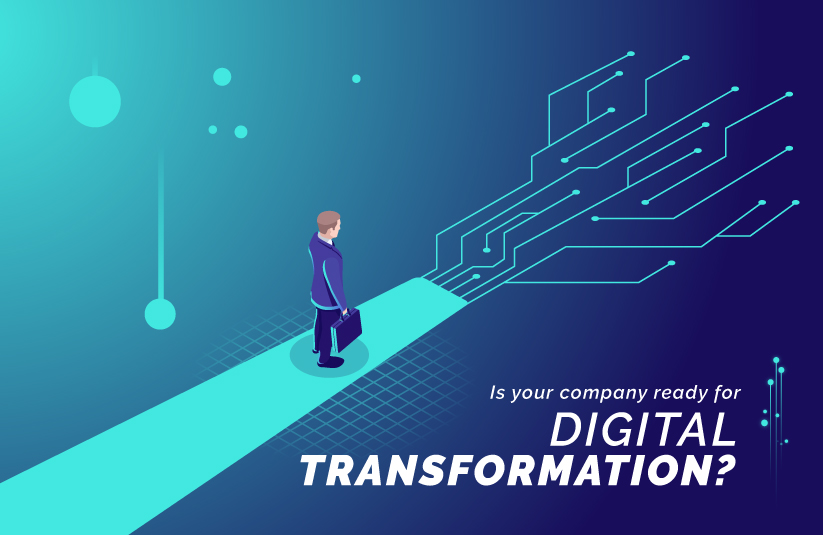Currently Empty: € 0,00

Understanding Digital Culture: A Strategic Imperative for Leadership
Defining Organizational Culture
Organizational culture is often likened to the “glue” that binds members together through shared values and rituals. It functions as the organization’s immune system, safeguarding against external threats. Companies like Costco emphasize that culture is not just an asset but the essence of their identity.pishgamanasia.com
Digital Transformation Requires Cultural Evolution
Digital transformation is more than adopting new technologies; it’s a fundamental shift in how an organization operates. This shift necessitates a supportive culture that aligns with the organization’s overarching strategy. However, cultural resistance is often the primary obstacle to successful digital transformation.
Cultural Resistance: A Major Barrier
Studies have consistently identified culture as a significant barrier to digital transformation
A 2014 Altimeter study highlighted organizational culture change as the foremost challenge in digital transformation.
McKinsey’s 2016 survey found that 33% of respondents viewed culture as the main impediment to digital effectiveness.
Capgemini’s research indicated an increase in cultural issues hindering digital transformation, from 55% in 2011 to 62% in 2017.
The Strategic Value of Culture
Culture is a critical competitive advantage. It empowers employees, fosters a sense of purpose, and is essential in an environment where only 13% of employees feel engaged with their organization. Without a solid cultural foundation aligned with the digital vision, meaningful progress in digital transformation is challenging.
Case Studies: Cultural Transformation in Practice
Leading companies have recognized the need for cultural change:
Haier, a major electronics and appliances company, has invested years in evolving its culture to enhance speed and innovation while maintaining traditional productivity and support processes.
Schneider Electric is transforming its culture to play a pivotal role in the rapid development of the Internet of Things (IoT), despite being a trusted provider of tools for numerous buildings and data centers.
Framework for Cultural Transformation
A structured approach to cultural transformation involves”
Identifying Core Values: Emphasize impact, speed, openness, and autonomy.
Adapting Practices: Develop digital readiness practices aligned with these values to shape employee actions and organizational performance.
Culture: The Unseen Force
Culture is often described as “what happens when the leader leaves the room.” It’s the set of values and norms that guide human interactions and are embedded in accepted management values, unspoken employee assumptions, and standard behaviors. While culture provides clarity and cohesion, it can also entrench outdated practices, making adaptation to a changing world difficult.
Challenges in Changing Culture
Altering culture is more complex than changing strategy because much of it is subconscious. Leaders must first understand the existing culture before initiating changes. Sudden shifts that contradict deeply held values can lead to resistance.

Summary
For organizations to thrive in the digital age, leaders must prioritize cultural transformation alongside technological advancements. Understanding and evolving the organizational culture is not just beneficial but essential for successful digital transformation.
